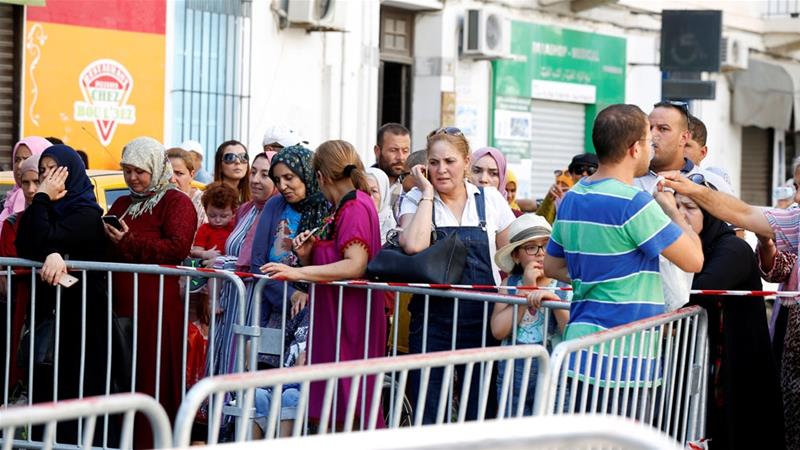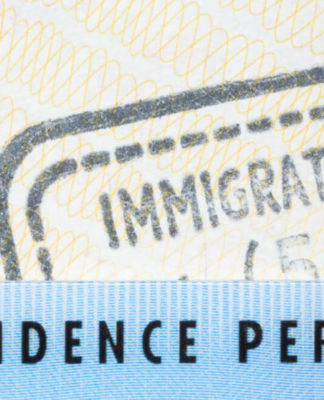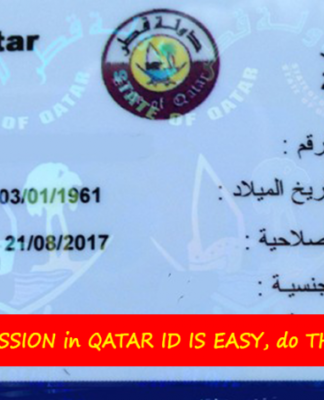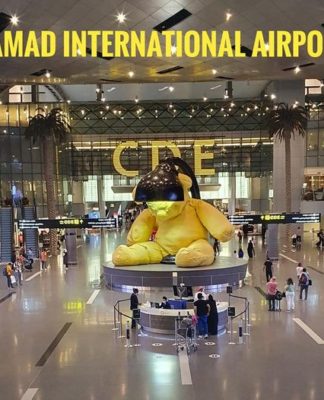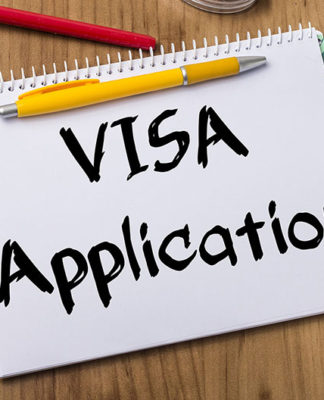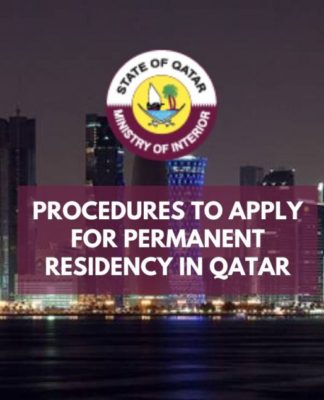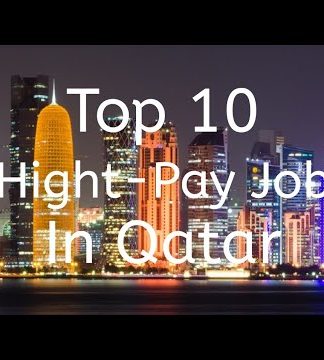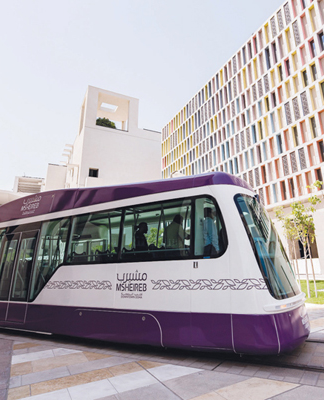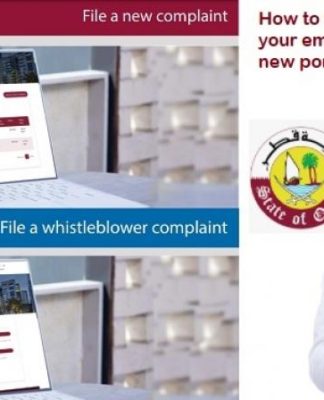Parliament Speaker Ennaceur sworn in as interim president after country’s first democratically elected leader dies.
Tunisian government has declared seven days of mourning following the death of its first democratically elected president on Thursday morning, as condolences poured in from several Arab countries.
In a hasty ceremony hours after the death of the 92-year-old President Beji Caid Essebsi, the head of parliament, Mohamed Ennaceur, was sworn in as interim president.
Ennaceur, 85, will lead the country until presidential elections are held in mid-September, the Independent Electoral Commission announced on Thursday.
The presidential vote was originally scheduled for November 17.
One of the world’s oldest leaders, Essebsi died at the Tunis military hospital, where he was taken the night before. It was the third time in recent weeks that he had been admitted to hospital.
He was admitted to hospital with a severe illness in late June, but returned to intensive care on Thursday, his son said. Earlier, Hafedh Caid Essebsi told AFP news agency that “things are not going well”.
His funeral has been planned for Saturday.
Essebsi was seen as a unifying figure but was ultimately unable to bring prosperity or lasting calm to a country beset by economic crises and fending off sporadic deadly attacks.
Drafted in as the prime minister in 2011 after longtime ruler Zine El Abidine Ben Ali was toppled, Essebsi was elected president three years later, becoming the country’s first directly elected head of state after its Arab Spring uprising.
As prime minister, he helped draft a new democratic constitution guaranteeing fundamental rights such as freedom of speech and preparing Tunisia for free elections.
He also co-brokered an historic power-sharing deal between his Nidaa Tounes movement and Islamist party Ennahda that helped to steady the country, as other parts of the region such as Syria, Yemen or Libya struggled with upheaval and violence.
In recognition of their role, Tunisian civil society groups won the Nobel Peace Prize in 2015.
Though Tunisia remained a democratic exception in a troubled region, critics accused Essebsi of attempting a dynastic handover to his son, rowing back on some post-revolution freedoms, and failing to support a truth commission seeking justice for the victims of authoritarian rule.
Essebsi recently announced he would not run in an election scheduled for November, saying a younger person should lead the country.
|
|
Power vacuum
Concerns had been growing about a potential power vacuum in Tunisia before the November elections after the president was hospitalised three times in recent weeks.
Tunisia’s constitution, adopted in 2014, provides two measures in such a case.
The prime minister can take over the president’s responsibilities for a period of no more than 60 days. If the vacancy is longer, the speaker of parliament is tasked with the role for up to 90 days.
In both cases, the decision must be taken by a constitutional court after it validates the president’s incapacity.
But eight years after the Arab Spring, Tunisia has yet to set up a constitutional court, raising questions about the legitimacy of Ennaceur assuming the presidency.
“The president has been unwell for almost a month now, so for the last few weeks there was a lot of discussion inside the corridors of the presidency, the parliament, the prime minister’s office to find a way without having a constitutional court,” Youssef Cherif, deputy director at Columbia Global Centers, said from Tunis.
Parliamentary elections are scheduled to take place on October 6. They will be the third set of polls in which Tunisians have been able to vote freely following the 2011 revolution.
Commenting on Essebsi’s legacy, Sami Hamdi, editor-in-chief of the United Kingdom-based International Interest magazine said: “Tunisia is still faring far better than Libya, Syria and the like in the sense that it has avoided war. However, this is not to deny that Tunisia is going through a very bad economic crisis. There is still incredible class divides and poverty.”
Unemployment in Tunisia stands at about 15 percent up from 12 percent in 2010, due to weak growth and low investment.
Tunisia has been spared much of the violence seen elsewhere in the Middle East since 2011, although it has been the target of fighters from the Islamic State of Iraq and the Levant (ISIL or ISIS) over the years.
“We have seen the return of lobby groups, business interests and foreign intervention,” Hamdi said. “Nevertheless there is still a belief that in 2019 all hope is not lost, that there is still some sort of democratic process.”
Nobody can deny that Tunisia is suffering from despair, he added.
“However in comparison to other countries, there is still hope that we can fix the path and go towards a more prosperous Tunisia,” he said.
“There is an admission that the people still have power.”
SOURCE:aljazeera.com














